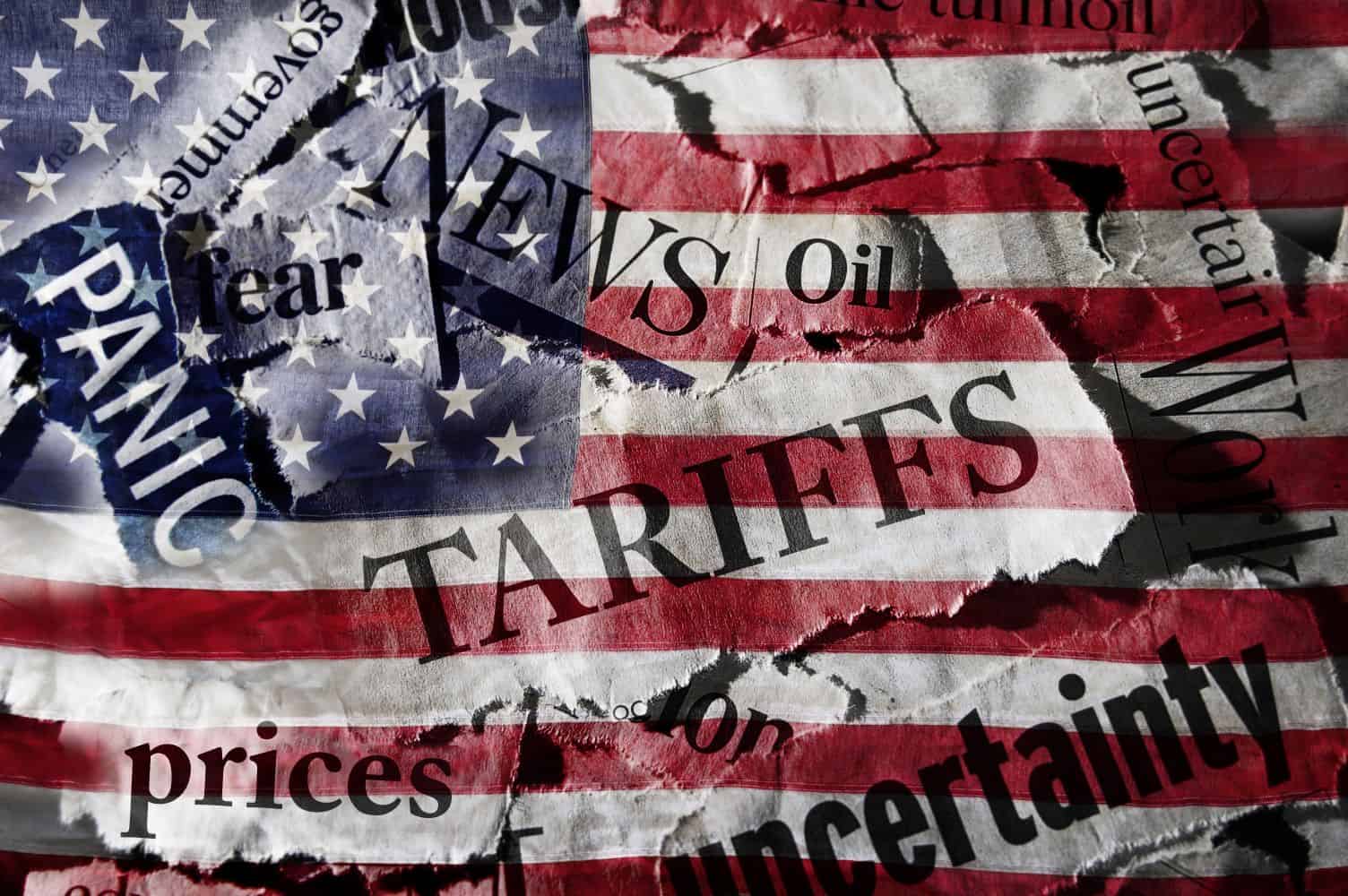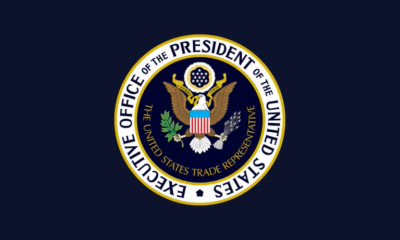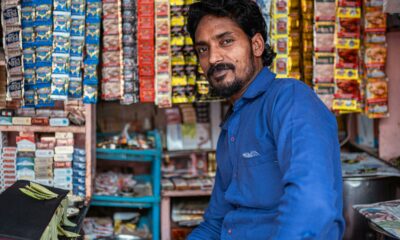Business
How US Tariffs on South Africa Are Forcing Small Businesses to Rethink Their Strategies

South Africa’s small businesses are in a delicate dance with global uncertainty. Since US President Donald Trump reinstated trade tariffs on 2 April, local SMEs have found themselves re-evaluating strategies that once felt stable.
The 30% tariff—if it lands during peak citrus season—could significantly affect agricultural exporters, while South Africa’s vital automotive sector may also face headwinds. For small players in the export chain, this is more than just big-picture geopolitics. It’s a real-time challenge to cash flow, planning, and partnerships.
SMEs Brace for an Unpredictable Year
Miguel da Silva, group executive for business banking at TymeBank, warns that uncertainty in trade policies is not just a diplomatic concern but a direct operational risk for SMEs.
“Small businesses need to be nimble—revisiting supplier agreements, building cash buffers, and keeping communication open with overseas clients,” he said.
March’s trade data revealed a R24 billion surplus, lower than the expected R35 billion, and underscored the ripple effects of shifting global trade sentiment. Most tariffs remain paused, but negotiations are fragile. Meanwhile, South African trade missions are urgently scouting alternative markets less vulnerable to political whiplash.
Business Confidence Rising, But Caution Remains
Interestingly, amid the uncertainty, the South African Chamber of Commerce and Industry (SACCI) reported a surge in business confidence. Its Business Confidence Index (BCI) hit 125.8 in February 2025—a record high, up from 107.8 in May 2024.
The jump is attributed to higher tourist numbers, fewer power cuts, and a modest export recovery. However, SACCI also pointed to weak JSE-listed company earnings and a depreciated rand as areas of concern.
As former US Treasury Secretary Larry Summers once said: “Confidence is the cheapest stimulus.” But confidence alone won’t shield SMEs from policy shocks.
Inflation Eases, But Interest Rates May Hold
In better news, inflation fell to a four-year low of 2.7% in March 2025. Yet, the Reserve Bank is unlikely to rush into cutting interest rates.
Despite domestic price relief, global risks—from currency pressure to unstable trade ties—could lead the Bank to maintain or even raise rates, especially if the US dollar strengthens further.
SMEs hoping for lower borrowing costs may have to adjust expectations for now. Structural reforms, not just monetary tweaks, are likely the longer-term growth solution.
Government Pushes Support for Spaza Shops
On the local front, the Department of Small Business Development has launched the Spaza Shop Support Fund (SSSF), a R500 million initiative to boost township and rural retail.
Spaza shop owners can receive up to R50,000 in blended loan and training support. The fund also plans to enable group buying power, helping shops access bulk goods at competitive prices—a move that could stimulate demand for locally made products.
The program has already drawn significant interest, nearly overwhelming the launch event. For many informal retailers, it’s a lifeline against growing pressure from large retail chains.
Tourism Offers a Silver Lining
Tourism continues to be a bright spot. While US tourist visits to SA dropped 14% in March 2025, international arrivals increased 10% overall. France, the Netherlands, Australia, and Russia all posted notable gains, with Russian visitors up nearly 30%.
Most tourists—around 71.5%—still come from neighboring SADC countries. This revival is crucial for SMEs in hospitality, transport, and related services still recovering from the COVID-19 blow.
A Time for Resilience and Reinvention
The months ahead won’t be easy. South African SMEs are facing a landscape marked by revived tariffs, cautious central banks, and fragile foreign relations.
But with growing tourism, government support programs, and signs of rising business confidence, small businesses have room to navigate this uncertainty—if they adapt quickly.
As global dynamics shift, flexibility, local market strength, and readiness for the unexpected will define the next chapter for South Africa’s entrepreneurs.
{Source: ZAWYA}
Follow Joburg ETC on Facebook, Twitter , TikTok and Instagram
For more News in Johannesburg, visit joburgetc.com



























